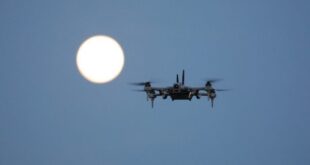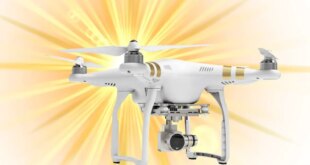Get short URL
https://cdn1.img.sputniknews.com/img/107878/97/1078789773_0:221:2100:1403_1200x675_80_0_0_cec87b3f070cdd0c4e6db53da6237433.jpg
Sputnik International
https://cdn2.img.sputniknews.com/i/logo.png
Sputnik
https://cdn2.img.sputniknews.com/i/logo.png
https://sputniknews.com/world/202007111079853812-us-government-allocates-84-million-in-drone-space-tech-shipbuilding-contracts/
WASHINGTON (Sputnik) – The US government has approved $84 million in contracts to protect unmanned aerial vehicles, space technology and shipbuilding during the COVID-19 crisis, the Department of Defence said in a press release.
“As part of the national response to COVID-19, and to support the domestic small unmanned aerial system (sUAS) industrial base, the Department of Defence awarded contracts totaling $13.4M to five companies to sustain the capabilities of this critical domestic industrial base”, the release said on Friday.
The funding also included a $15 million agreement with LeoLabs to ensure the continued viability of space surveillance phased-array radar capabilities to analyze spacecraft in low earth orbit viewed as essential to national defence.
The actions were taken to help retain critical workforce capabilities throughout the disruption caused by COVID-19 and to restore some jobs lost because of the pandemic, the Defence Department explained.
According to the release, the Department of Defence entered into a $56 million agreement with ArcelorMittal Inc. to sustain critical domestic industrial base shipbuilding capability and capacity as part of the national response to the novel coronavirus.
 Unmanned Aerial Vehicle The latest drone news
Unmanned Aerial Vehicle The latest drone news


